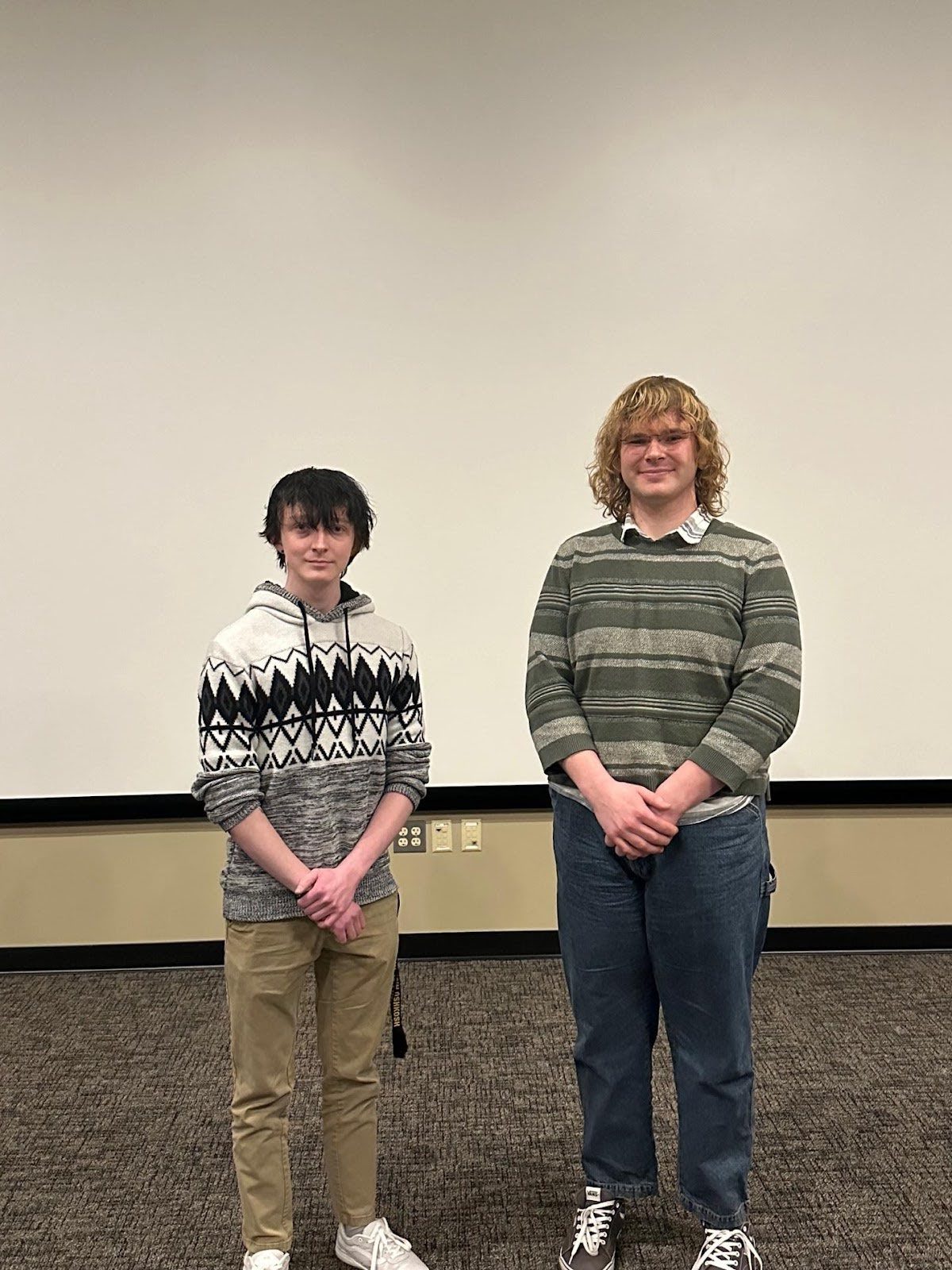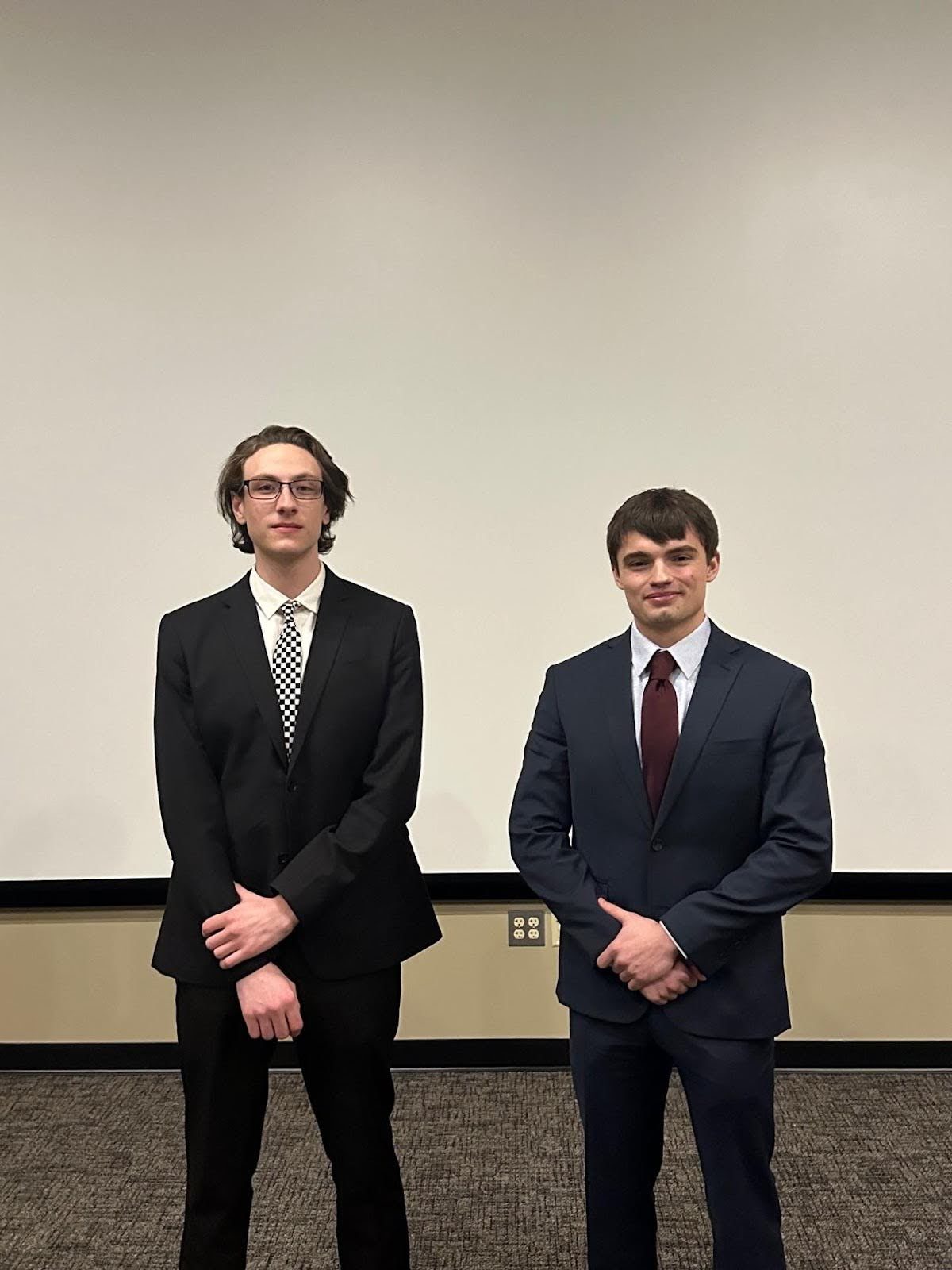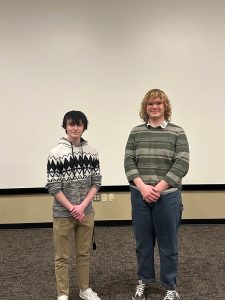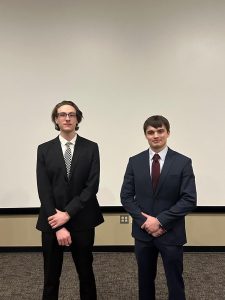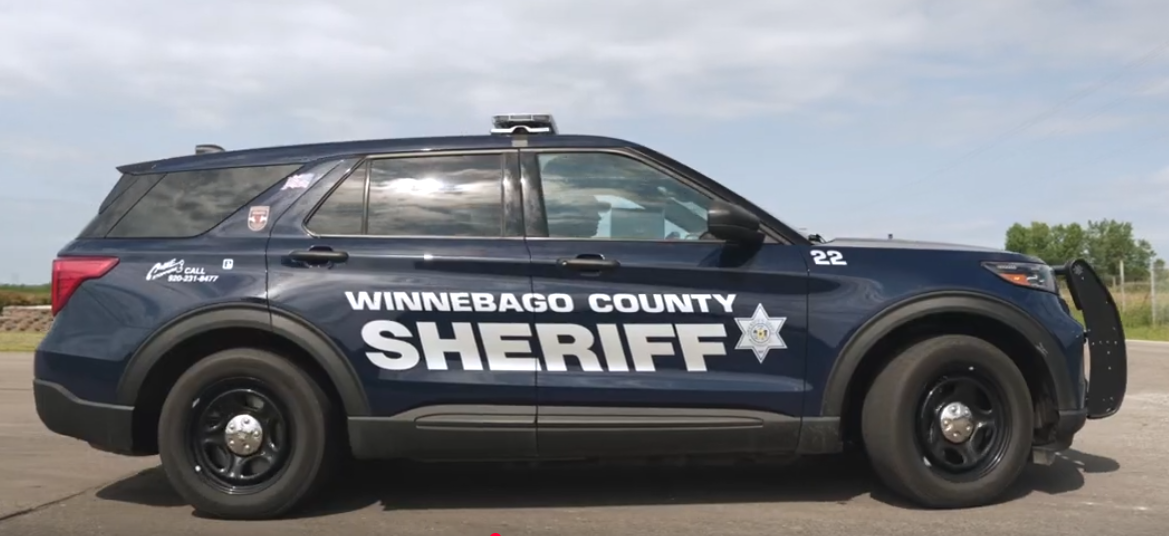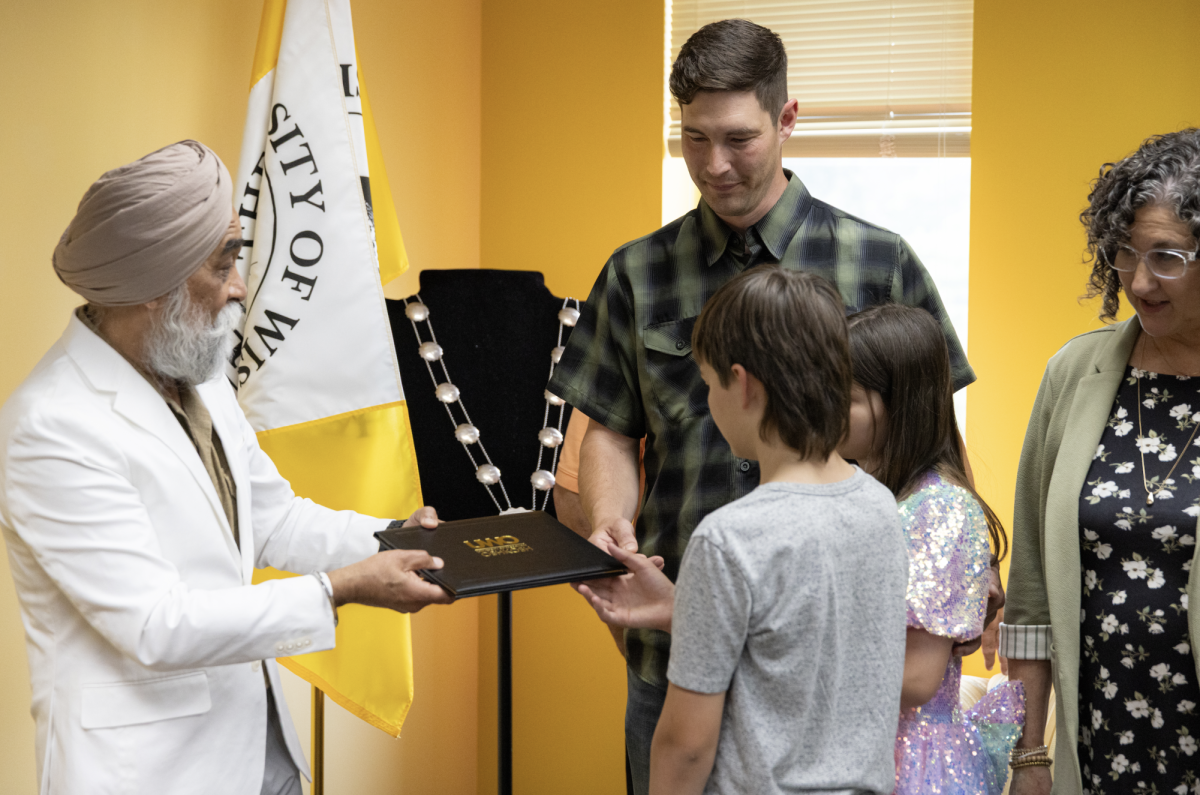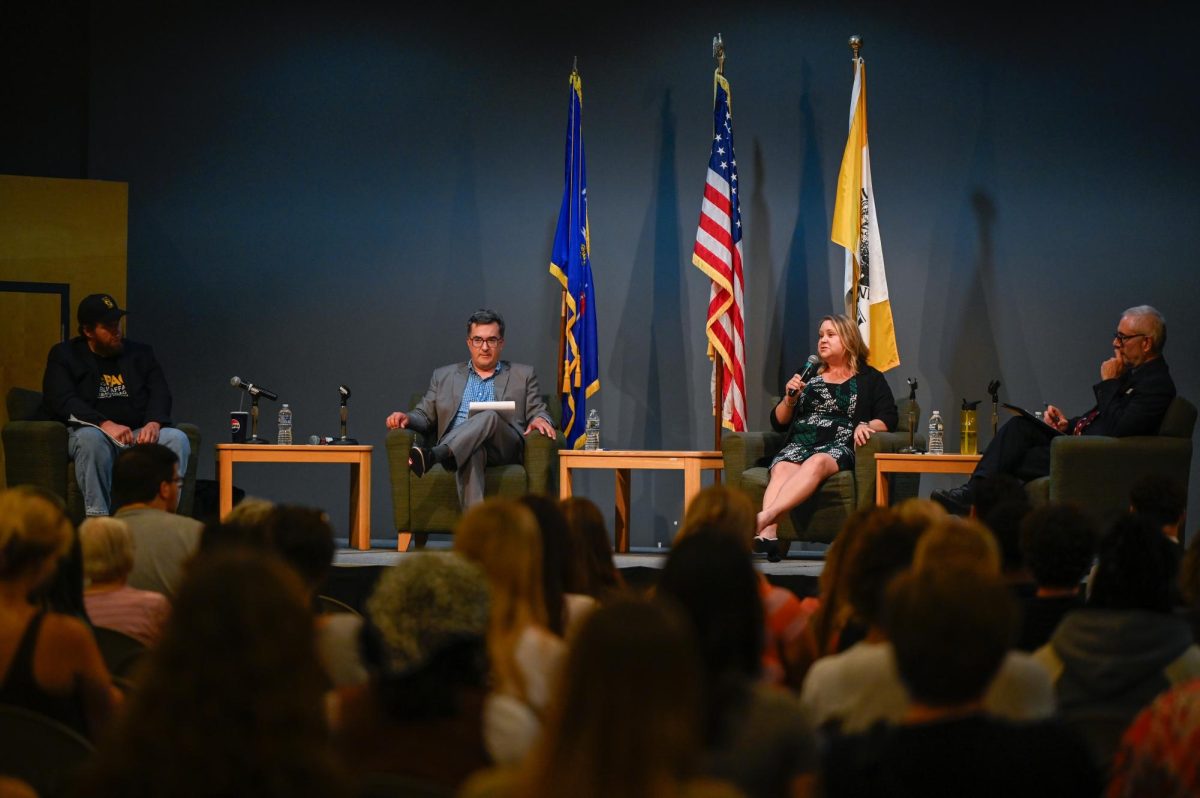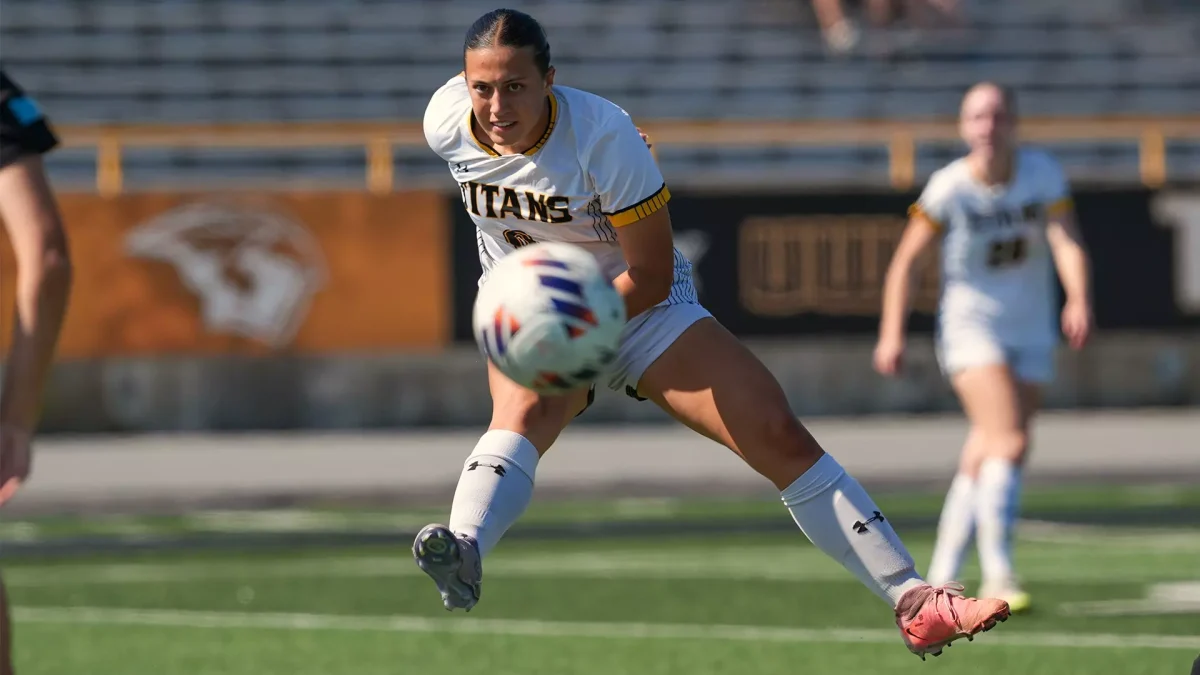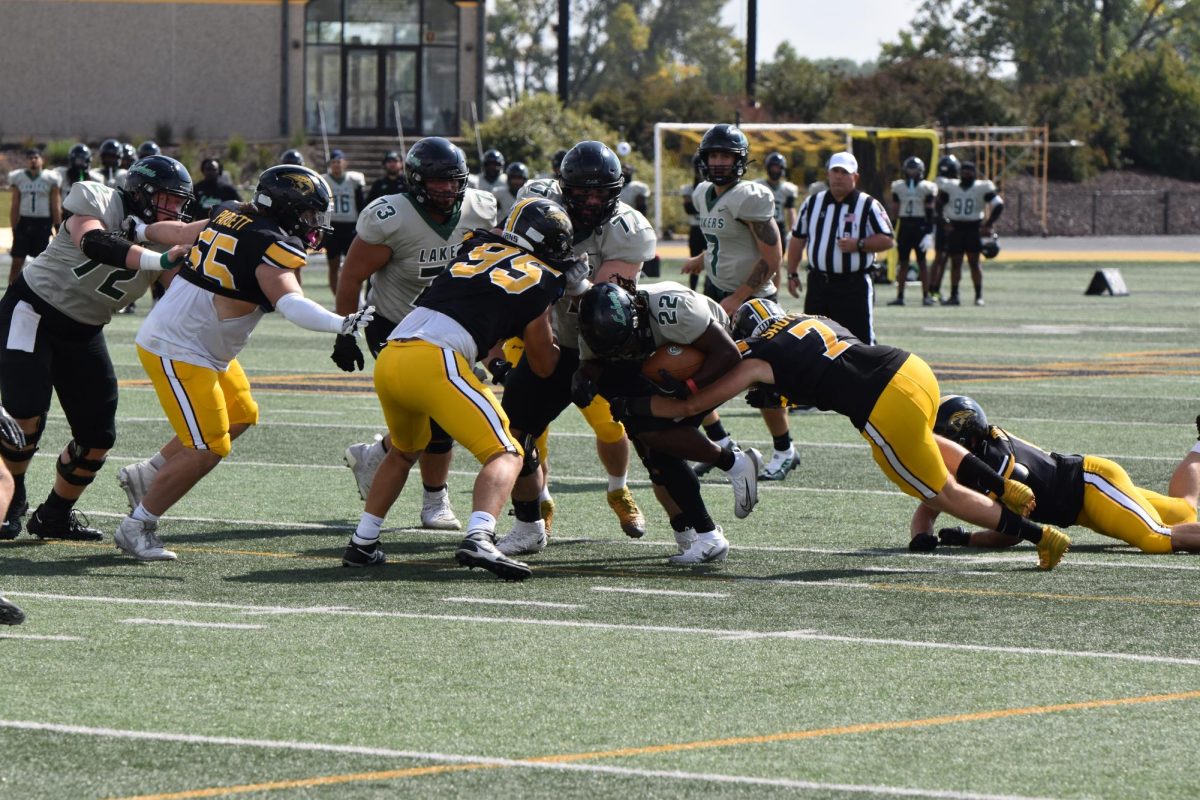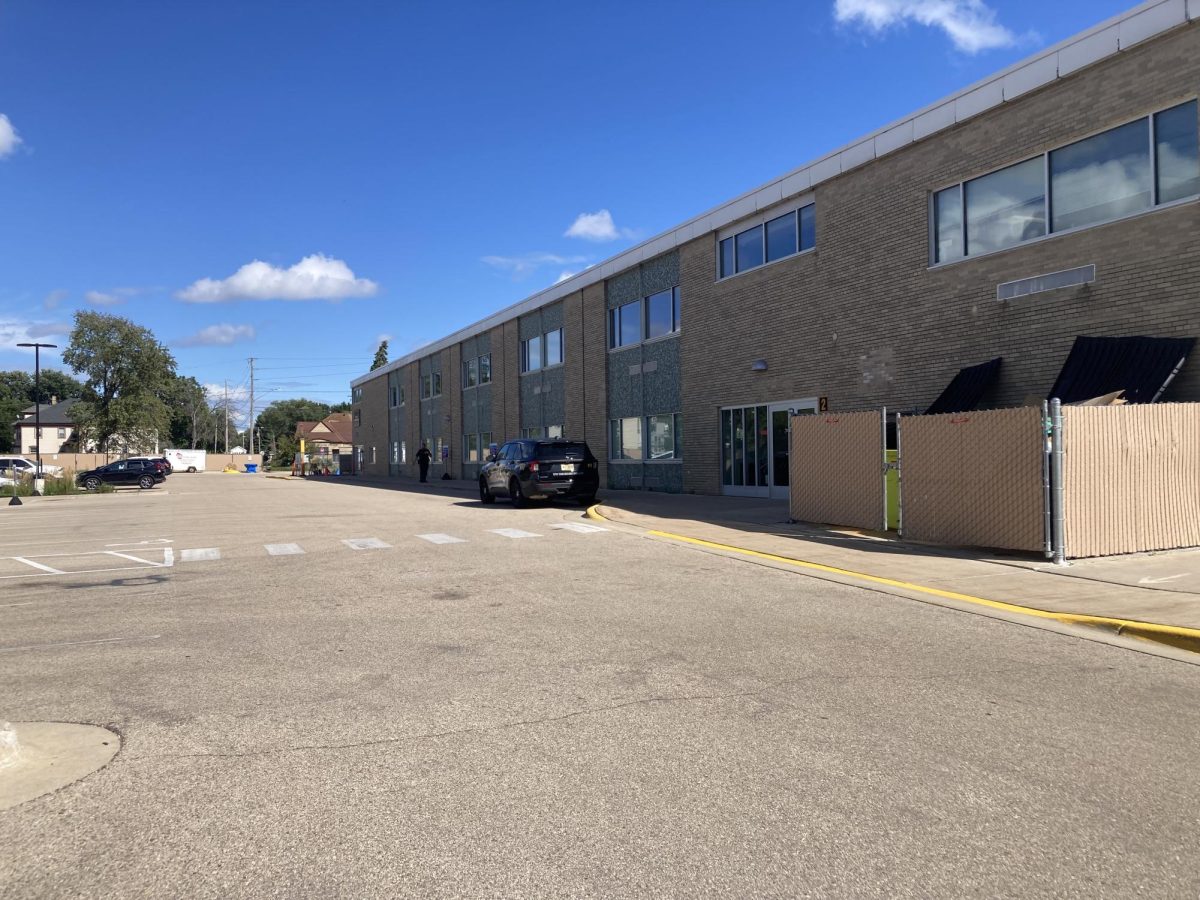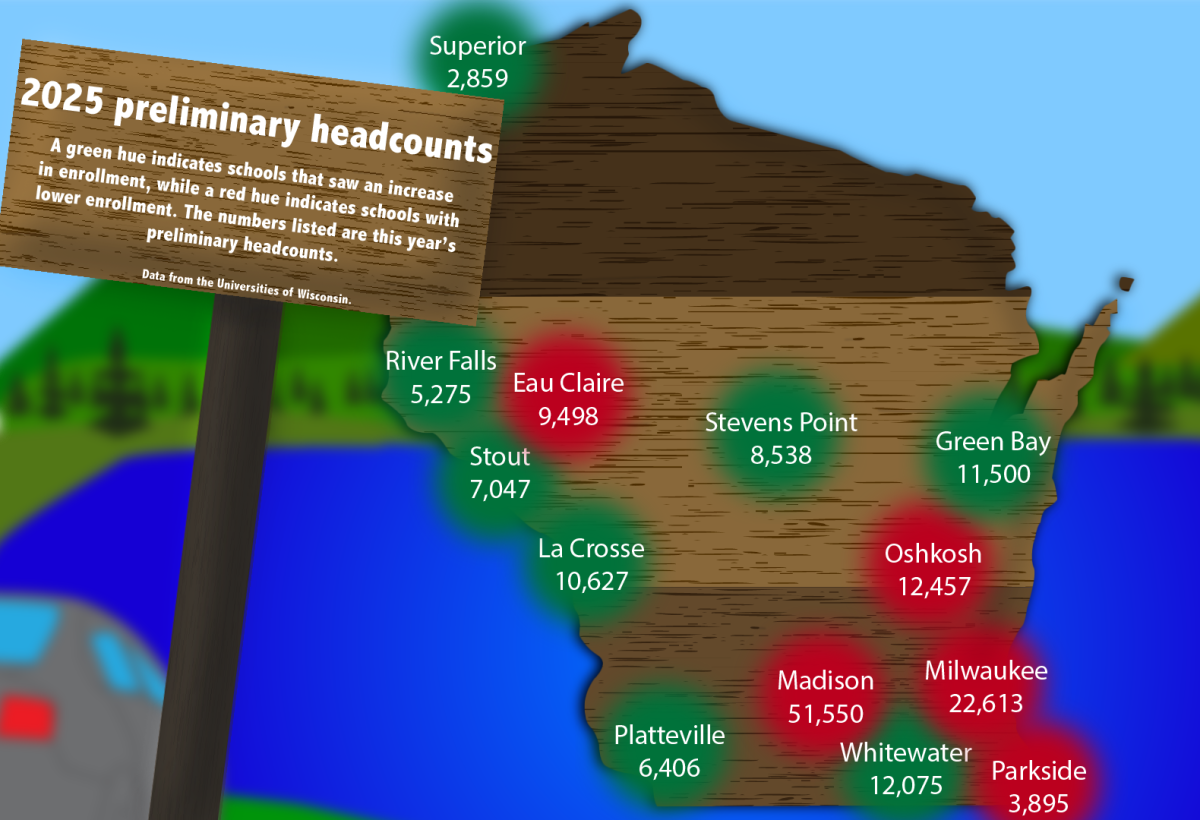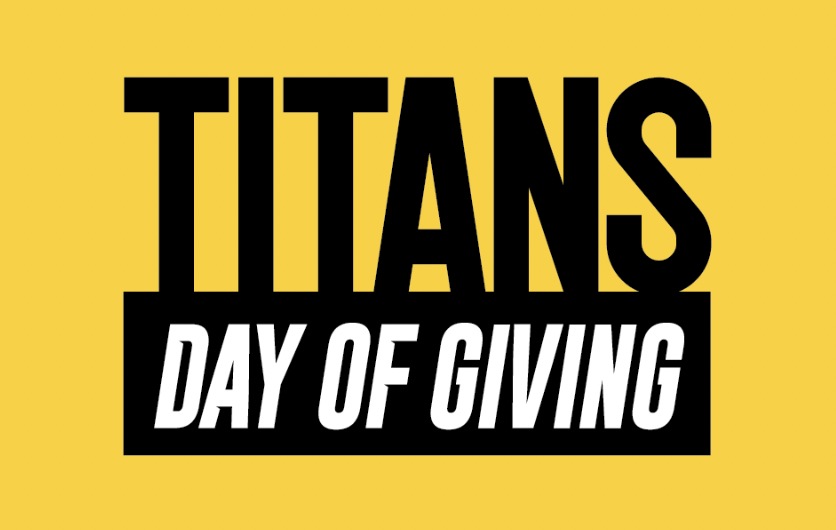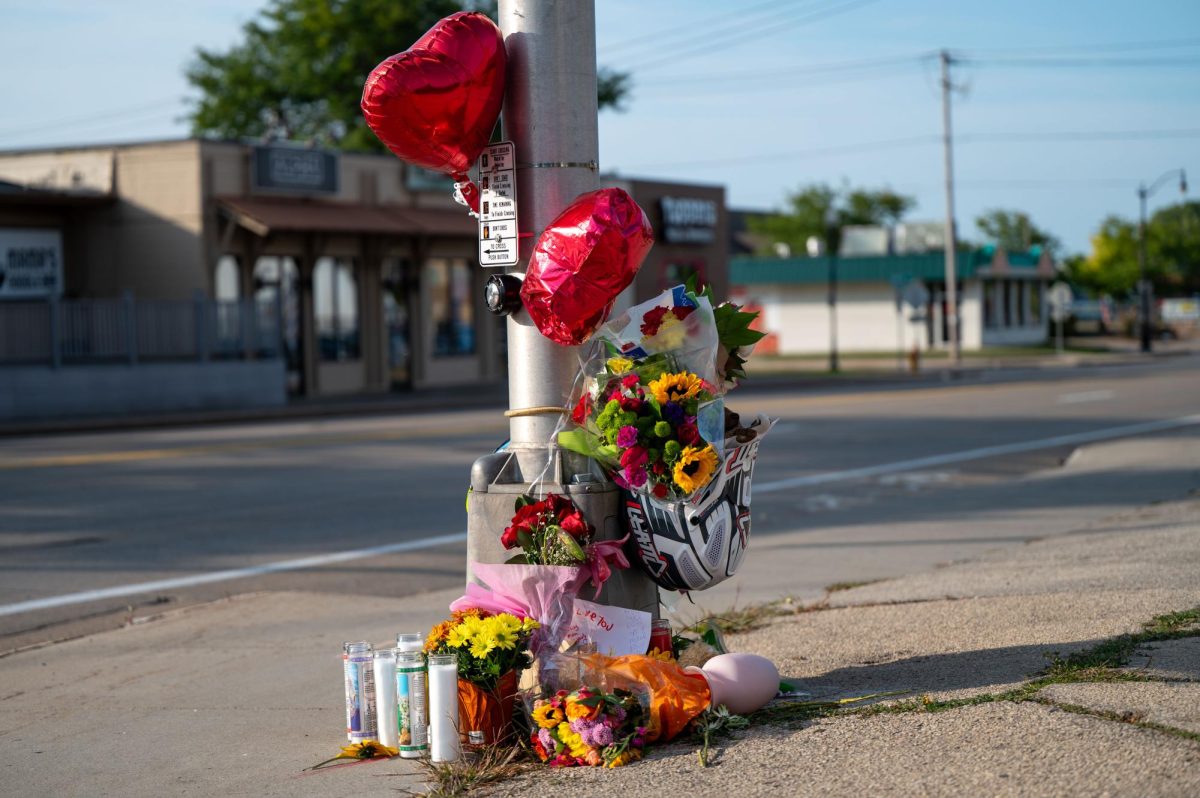On March 18th and 19th, students will vote through an e-ballot sent to their university emails to determine who will serve as the next president, and vice president of the Oshkosh Student Government (OSG).
The presidential and vice-presidential debate was on Monday, and all of the candidates received an opportunity to address the student body directly.
The choices on the ballots are Jack Marotz as president, with Brett Einberger as the vice president; and Tyler Cunningham as president, with Burkely Ravenhorst as vice president.
All the candidates have previous OSG experience aside from Ravenhorst; Cunningham served as the College of Business senator for a year, Marotz has been an at-large senator for two, and Einberger has been the Greek Life Advocacy senator for one.
Marotz and Einberger said they recognize many issues facing students but that DEI budget restrictions, dwindling student resources, and the decreasing enrollment and retention rate were high on their priority list.
“We plan on addressing the lack of student resources due to the recent academic staff layoffs and budget changes to DEI by advocating for student employment in the areas that were affected most,” Marotz said.
Cunningham and Ravenhorst said their main issues were the lack of support staff with the university layoffs, unmet accessibility needs, DEI restrictions and a void of transparency on where funds are going.
Cunningham said: “We are disheartened by this institution discarding our needs to the wayside. Namely, disenfranchising our teachers, destroying our diversity, equity and inclusion, and laying off pertinent staff that contribute to the richness of our university.”
Cunningham said a vote for him supports the Unity Project, “Standing up for all marginalized peoples, standing up for all workers: professors, instructors, student and non-student workers alike; and demanding top-down transparency.”
Marotz and Einberger are also concerned about the lack of communication, representation and involvement on campus. They want to send out a newsletter to inform students about events, on-campus leadership opportunities and OSG business.
Marotz said, “We plan on sending bi-weekly newsletters about what the OSG has done in the past two weeks, and what we plan on doing in the next two weeks with an attached form to submit your input on recent events or concerns.”
“In terms of amplifying student voices, open office hours need to be had for students who do not feel comfortable coming forward,” Marotz said.
“I would like to increase on-campus advertising, whether that be through emails, flyers or posters and highlight the importance of student representation and the impact that senators can make,” Einberger said.
While each campaign intends to tackle the lack of student involvement, representation and funding of clubs and organizations across campus, their approaches vary considerably.
Cunningham and Ravenhorst pledge to open a new line of communication with the administration across all areas of student life.
Cunningham said, “We intend to remedy these inequities by [implementing] a direct line of communication with not only the Oshkosh Student Government, but the administration, the club organizations and the chancellor.”
Marotz and Einberger propose to supplement the staffing shortage by bringing on student employees to assume critical support roles formerly handled by staff.
Einberger said, “We would like to see an increase in the amount of money available to student organizations … and to bring back some DEI staff positions in the form of student leaders to restore some of the resources that were lost.”
Both campaigns stand by, ready to support understaffed and underfunded diversity, equity and inclusion (DEI) programs, but the ways they propose organizing around that cause couldn’t be any more different.
More information will be provided to students’ university affiliated emails as voting day gets closer while the ballot will be accessible via students’ email on election day.



